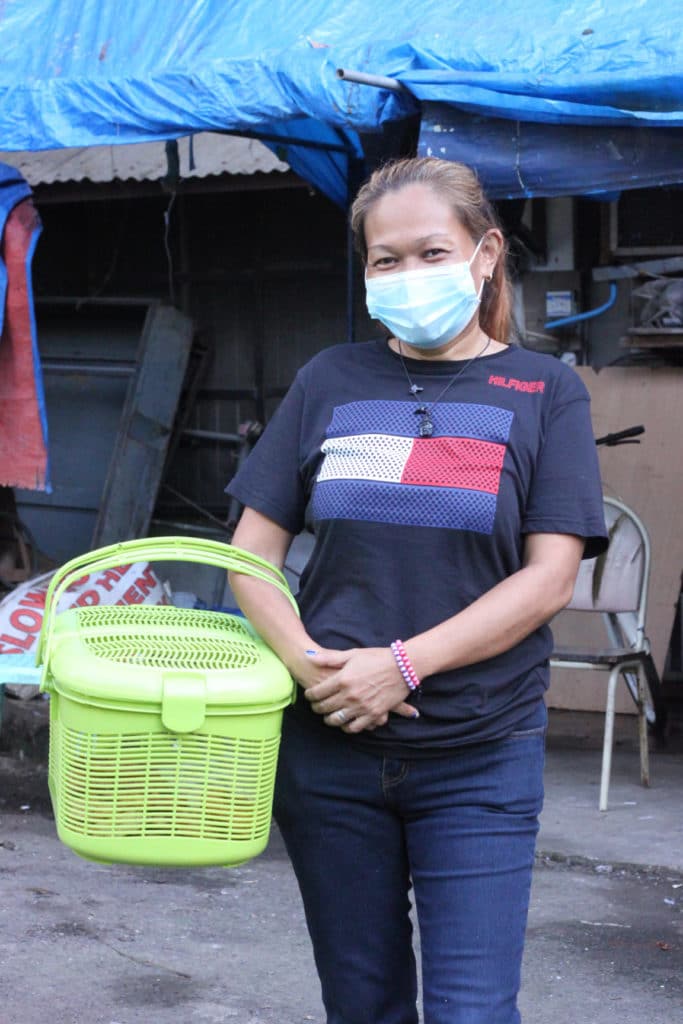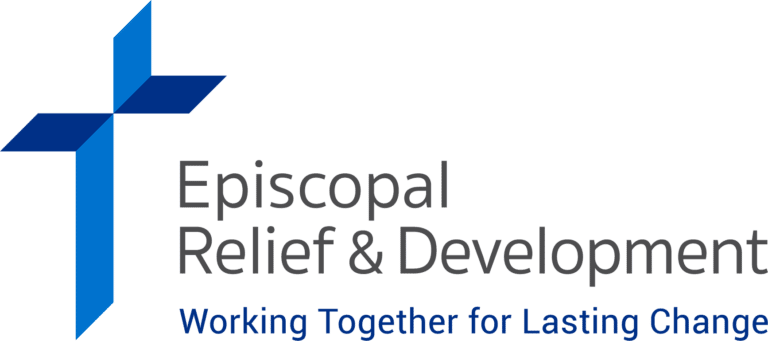Before the COVID-19 pandemic arrived in the Philippines, Marybeth and her family sold snacks and other foods in Barangay Tatalon in Quezon City, just northeast of Manilla. Marybeth lost her livelihood when the country locked down as COVID-19 infections and deaths spread. She is among the millions of Filipinos who lost their primary sources of income in the shutdown.
In response, Episcopal Relief & Development joined with the E-CARE Foundation, a community-based development program, to establish the Disaster Resiliency Fund to provide emergency livelihood grants to households and partner community groups. The fund, which also receives resources from the Anglican Board of Missions-Australia and Bread for the World-Germany, upholds the foundation’s traditional Receivers-to-Givers (R2G) philosophy. People who receive assistance promise to grant the money back so that it can be passed on to others who need similar financial backing. The grants have a longer pay-it-forward time period that does not include add-on (interest-like) repayment conditions, unlike many traditional grants.
When the pandemic restrictions initially eased, Marybeth became a partner with the E-CARE Foundation to re-start her family’s food-selling work and received a grant from the fund.
At first, Marybeth struggled to resume her livelihood as the lockdown relaxed because there were still no mass gatherings where she could sell her snacks. Seeing the need, the Episcopal Church in the Philippines in Quezon City opened the doors of its Cathedral Heights headquarters to her and several others engaged in similar businesses, despite worries about possible coronavirus infection brought in by outsiders.
Marybeth persisted, and she fulfilled her commitment to the foundation’s R2G philosophy in just six weeks rather than over the four months that she originally promised. Marybeth’s family is one of 225 households that have or will partner with E-CARE to re-start or establish a source of income during the pandemic.
Episcopal Relief & Development is proud to partner with E-CARE’s non-traditional efforts to enable households and communities to survive the economic downturn caused by the pandemic in dignifying ways that recognizes and builds on people’s strengths to increase their resiliency.



